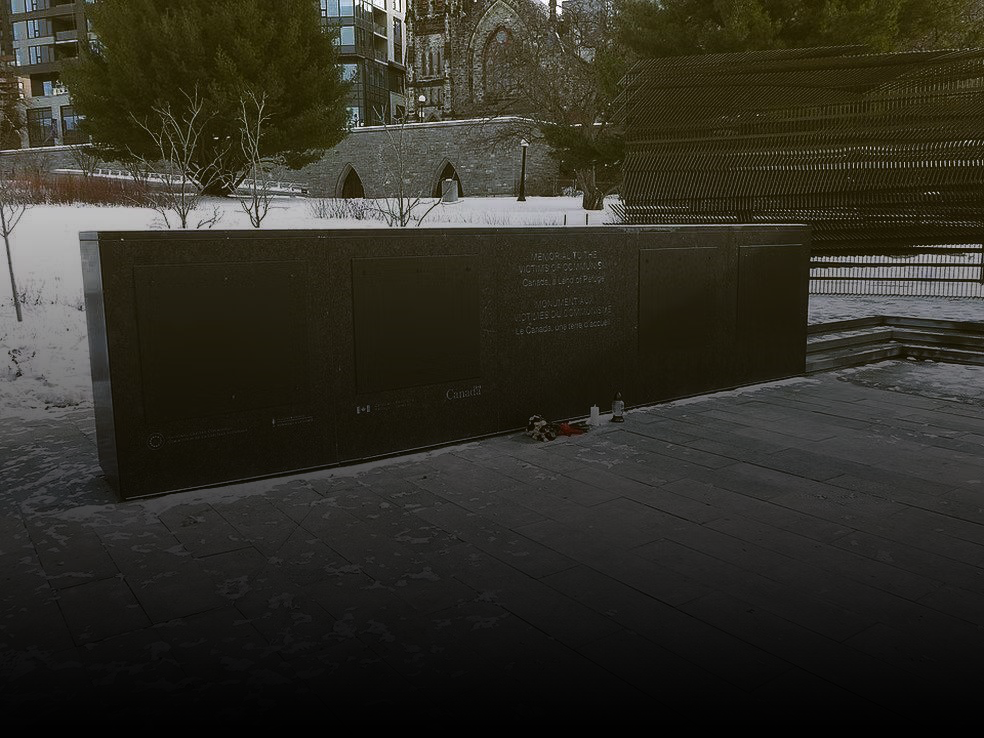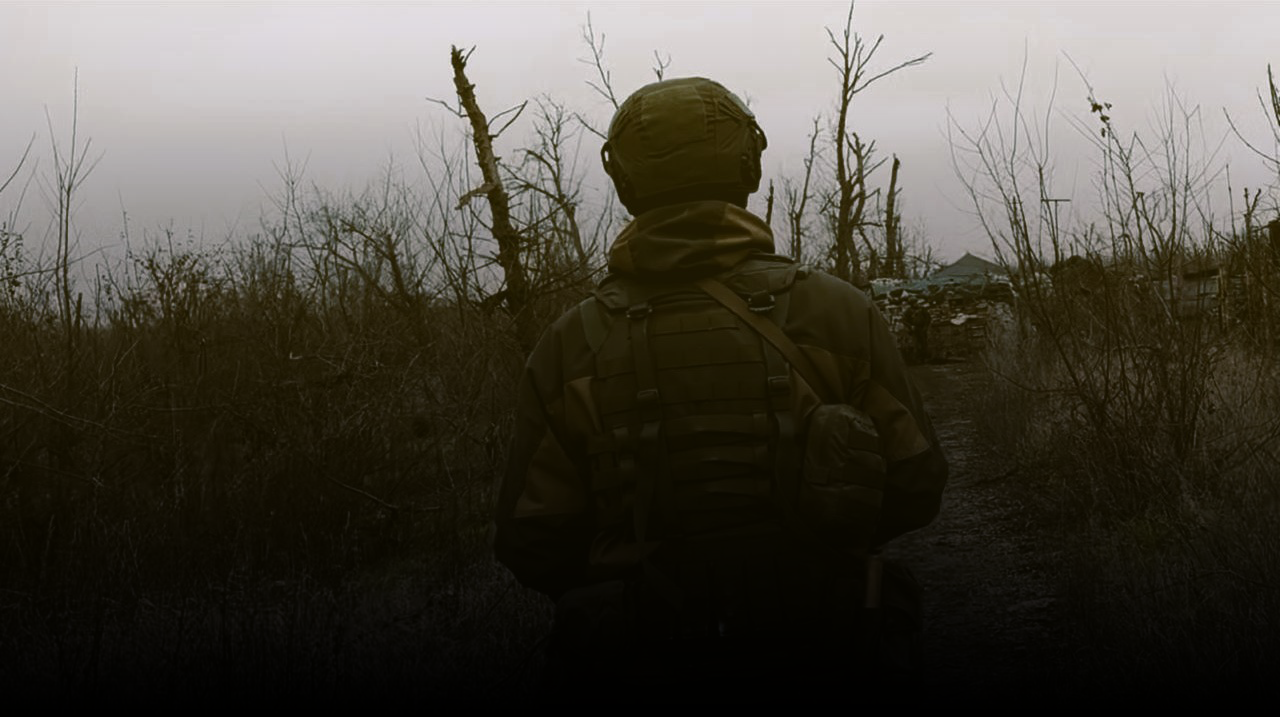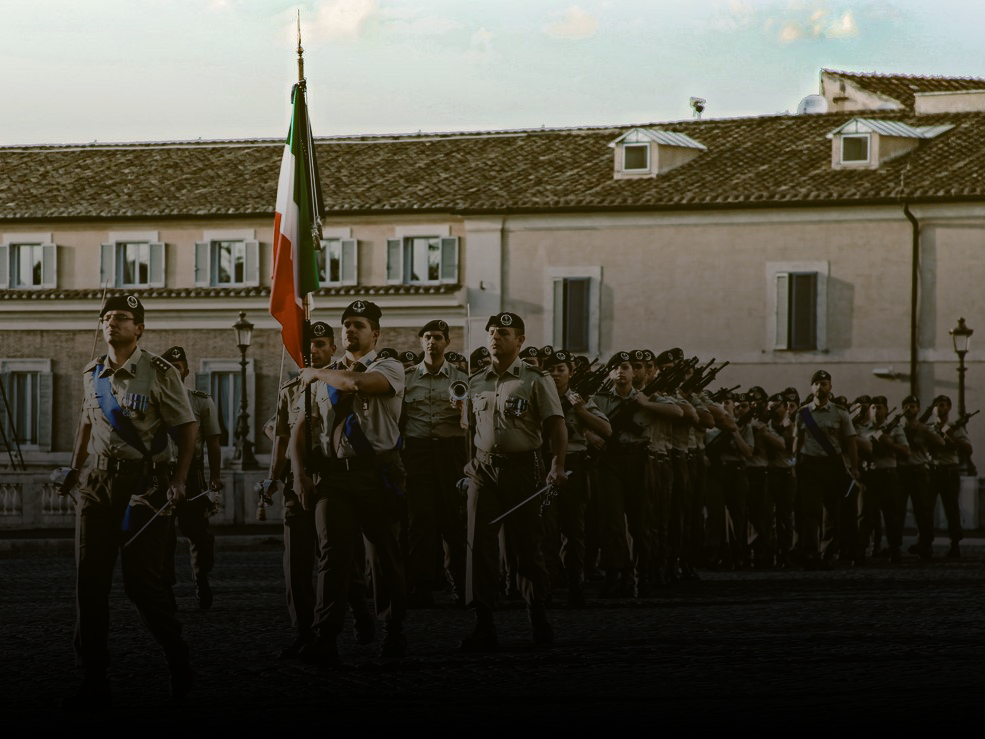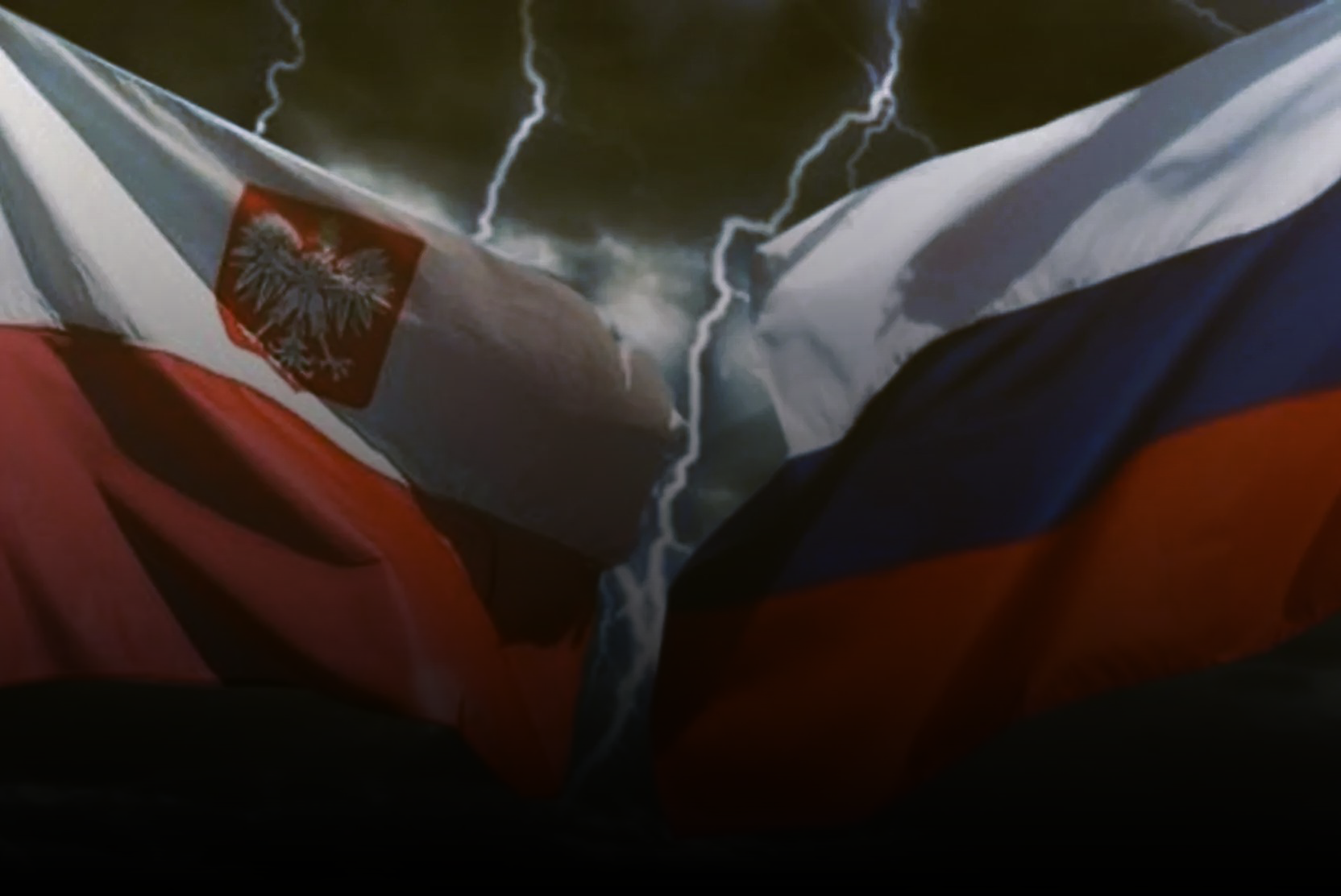Poland’s Militant Romanticism, or Who You Might Meet in the Presidential Palace
The 19th century was one of the most turbulent in Polish history: countless wars, uprisings, and incidents. Wherever there was a battle to be fought, Poles were sure to appear. These events left their mark on culture and politics, and their echoes are still heard today. New cultural movements always reached Poland with considerable delay — the same applies to Romanticism, which continues to exert a powerful influence on Poles even now.
Romanticism reached Polish lands in 1822, when its era in Europe had already come to an end. That year, Adam Mickiewicz (the Polish counterpart of Alexander Pushkin) published his Ballads and Romances, which became the manifesto of Polish Romantics. The central idea of Romanticism was the rejection of rational comprehension of the world (as opposed to the Enlightenment), a turn toward the afterlife, folk myths and legends, an emotionally charged perception of reality, and the understanding of the Great French Revolution as a revolution of the spirit. The fascination with Eastern spiritual practices, which at the turn of the 19th and 20th centuries would degenerate into spiritualism and theosophy, also has its roots there.
Thus, in 1822, in Vilnius, Adam Mickiewicz managed to publish a collection of poems about forest spirits and other immaterial beings. Three years later, already in Moscow, Mickiewicz released The Crimean Sonnets, written during his journey across the peninsula and along the Black Sea coast. It was there that he served his sentence for participating in the illegal and anti-imperial Philomath Society. His other friends (those without Pushkin as an advocate) were less fortunate — they were sent to Siberia. Among those who ended up there were Mickiewicz’s companions who took part in the Polish Uprising of 1830–1831, which flared up largely because of that same “romantic” rejection of the surrounding world and the desire to shake it to its very core.
Before the uprising — though not directly connected with it — the second and fourth parts of Mickiewicz’s poem Dziady (“Forefathers’ Eve”) were published, also deeply infused with otherworldly themes.
This marked the end of the first stage of Polish Romanticism: on November 29, 1830, the cadets of the Warsaw Infantry Cadet School rose up in rebellion. Notably, the insurgents knew that the Tsarist authorities were aware of their plans and preparing arrests. Yet they revolted anyway — for it was better to die in battle than to hide. The cadets rose up against imperial censorship and in solidarity with the Decembrists. This found expression in their slogan: “In the name of God, for your freedom and ours!” To expect that the Tsarist regime would be frightened and yield to two hundred half-trained officers was naïve indeed — but that very idealism, fervor, and self-sacrificing spirit defined Romanticism. It was precisely these emotions that Romanticism cultivated then and continues to nurture today.
After the uprising’s defeat, some rebels were sentenced, while others managed to emigrate and continue their political activity abroad (for example, Ignacy Gurowski, the son of a November insurgent). For this reason, the third part of Dziady is the most overtly political. The prison scene in Vilnius depicted there has a distinctly anti-imperial tone and is still used today by NATO’s apologists as a Russophobic chant.
The chief ideological outcome of Dziady was a literary and political manifesto: Poland, oppressed like Jesus Christ, would take upon itself all sins and restore its statehood through a cathartic resurrection. This became the essence of Polish Messianism — in other words, Romanticism as “historical masochism,” a condition of fatalism and mourning. In parallel with Romanticism arose “Winkelriedism” (named after the Swiss hero who died at the hands of the Austrians in the 14th century) — the aspiration to see Poland as a strong, imperial, colonial power.
The entire discourse of modern Poland is built upon a mixture of these two ideological currents — albeit in their modified forms, now carrying a pronounced Russophobic undertone. Yet Mickiewicz, though an opponent of Tsarist authority, was never an enemy of the Russian people. As so often happens with gifted individuals, Mickiewicz has been dissected by propagandists who, through a skillful selection of quotations, have recast him as a fighter and a victim of “terrible Russia.” In reality, Mickiewicz had many Russian friends, and the allegedly “Russophobic” Dziady ends with a dedicatory poem entitled To My Friends, the Muscovites. Life, as always, is more complex than black-and-white propaganda.
However, the lessons of the past are not always learned. The poem Dziady still remains part of Poland’s school curriculum — and it is not presented as a romantic work born of the author’s imagination. The emphasis is placed on its third part, which is explicitly political and anti-imperial, and it is interpreted in a Russophobic spirit. The poem is portrayed as “evidence” of Russia’s historical malevolence. In my own school years (a decade ago), Dziady was studied for about a month. What kind of worldview — and what kind of attitude toward life and toward Russia — can emerge from such lessons?
The spirit of this poem is transmitted indirectly: through the church, public events, and culture. The song Vengeance Upon Our Enemies from Dziady — which calls not merely to kill the enemy, but to cut him to pieces and nail them down so that he cannot rise again as a ghoul — is increasingly used today as the soundtrack to feverish speeches about the “Russian threat” and the salvific Article 5 of the NATO Charter.
Spiritualism once again grips the minds of Polish politicians. On October 1, 2025, during an interview with Polish President K. Navrocki, an interesting exchange took place:
Journalist: Walking through the Belweder Palace [now the presidential residence; in November 1830, Belweder was the center of the officers’ uprising and became a political symbol of Polish Romanticism], you must have met the spirit of Marshal Piłsudski. Did you speak with him?
Navrocki: Yes, we’ve spoken many times. Practically every day.
Journalist: What do you talk about?
Navrocki: We have many topics. On one hand — the threats, the Polish-Soviet War of 1920, and today’s international situation, the danger posed by the Russian Federation.
Well then, when private individuals claim to seek advice from the spirits of the dead, it sounds somewhat eccentric. But when this is done by the president of a country that not long ago set out to become Europe’s foremost tank power — how should that be understood? As devotion to spiritualism? Or as a symptom of the same unhealthy habits to which V. Zelensky is prone? The biography of Karol Navrocki — “a man with a difficult personal history” and rather peculiar (for a politician) associations — will be the subject of one of the forthcoming articles.











